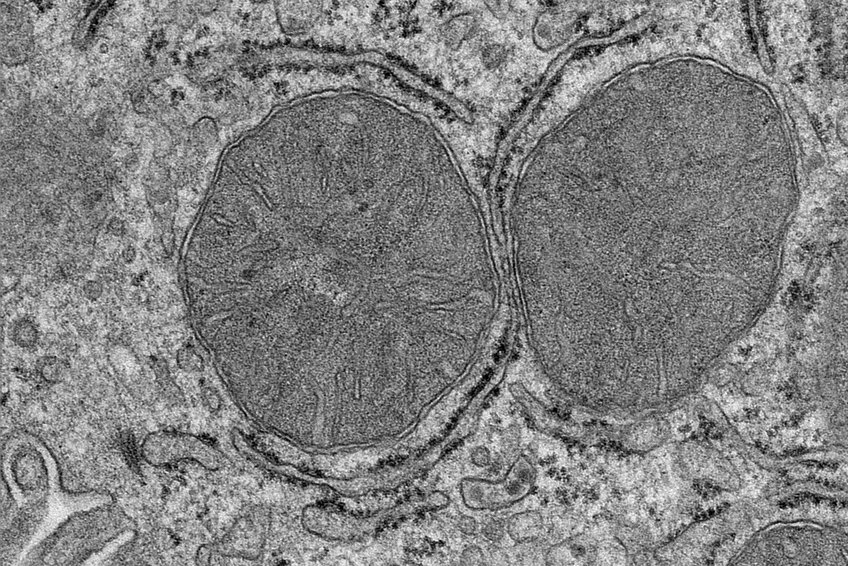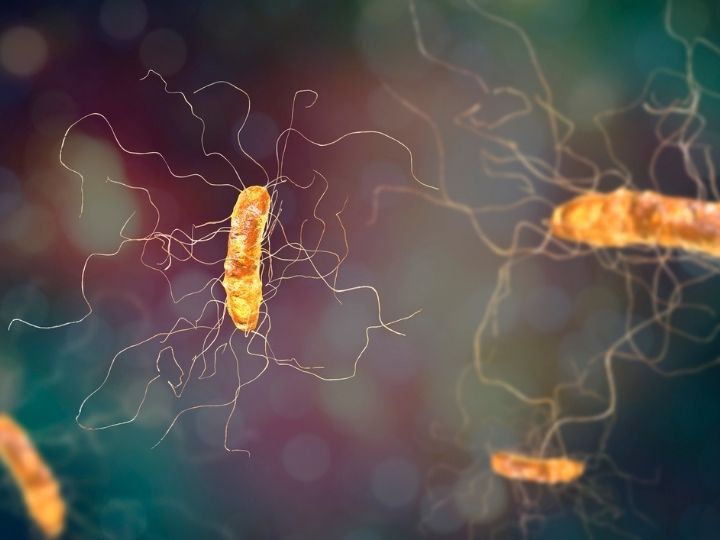2024-04-25 カリフォルニア大学サンディエゴ校(UCSD)
<関連情報>
- https://today.ucsd.edu/story/scientists-discover-a-new-signaling-pathway-and-design-a-novel-drug-for-liver-fibrosis
- https://www.sciencedirect.com/science/article/abs/pii/S1550413124001232?via%3Dihub
TM7SF3はTEAD1のスプライシングを制御し、MASH誘発肝線維化を防ぐ TM7SF3 controls TEAD1 splicing to prevent MASH-induced liver fibrosis
Roi Isaac, Gautam Bandyopadhyay, Theresa V. Rohm, Sion Kang, Jinyue Wang, Narayan Pokhrel, Sadatsugu Sakane, Rizaldy Zapata, Avraham M. Libster, Yaron Vinik, Asres Berhan, Tatiana Kisseleva, Zea Borok, Yehiel Zick, Francesca Telese, Nicholas J.G. Webster, Jerrold M. Olefsky
Cell Metabolism Published: April 25, 2024
DOI:https://doi.org/10.1016/j.cmet.2024.04.003
Highlights
•TM7SF3 knockdown increases HSC activation and worsens MASH fibrosis in vivo
•Inhibiting TEAD1 splicing with an ASO reduces HSC activation and liver fibrosis
•Active TEAD1ΔEx5 mediates HSC activation and liver fibrosis in MASH
•TM7SF3 inhibits hnRNPU-mediated splicing of TEAD1 into the more active form
Summary
The mechanisms of hepatic stellate cell (HSC) activation and the development of liver fibrosis are not fully understood. Here, we show that deletion of a nuclear seven transmembrane protein, TM7SF3, accelerates HSC activation in liver organoids, primary human HSCs, and in vivo in metabolic-dysfunction-associated steatohepatitis (MASH) mice, leading to activation of the fibrogenic program and HSC proliferation. Thus, TM7SF3 knockdown promotes alternative splicing of the Hippo pathway transcription factor, TEAD1, by inhibiting the splicing factor heterogeneous nuclear ribonucleoprotein U (hnRNPU). This results in the exclusion of the inhibitory exon 5, generating a more active form of TEAD1 and triggering HSC activation. Furthermore, inhibiting TEAD1 alternative splicing with a specific antisense oligomer (ASO) deactivates HSCs in vitro and reduces MASH diet-induced liver fibrosis. In conclusion, by inhibiting TEAD1 alternative splicing, TM7SF3 plays a pivotal role in mitigating HSC activation and the progression of MASH-related fibrosis.
Graphical abstract



